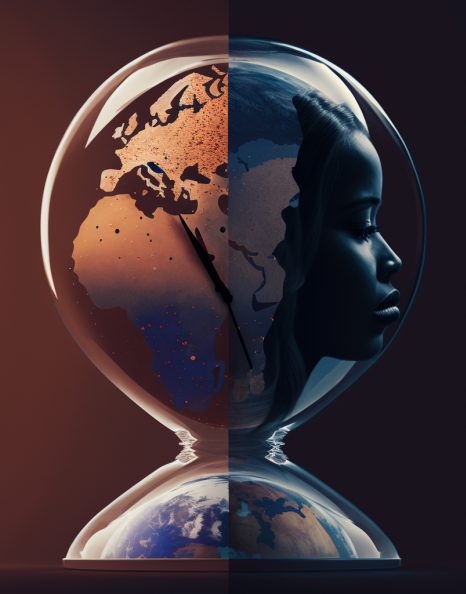About Us
Rights 4 Time
Rights for Time is a research network comprised of interdisciplinary research taking place in multiple countries that is bringing the hidden legacies of conflict directly into humanitarian protection, human rights policy and practice. Our ambition is to get policy makers, law workers and local and national governments to take the long times of atrocity and protection seriously. Too often, the invisible injuries of memory and trauma are consigned the role of extra or collateral abuse and atrocity. The extent to which the deep times of injury hinder protection, and reproduce harm, are not well understood. We aim to produce a sea-change by providing a new knowledge and evidence base that will allow local, national and international policy models to respond more effectively, deeply, and enduringly to the deep times of conflict.
The network is a collaborative between academic researchers, policy makers, local community groups and activists, Non-Governmental Organisations (NGOs) and Civil Society Organisations (CSOs) and is working for the benefit particularly vulnerable groups, such as refugees, women, children, and other marginalised communities. We bring academic and creative work into dialogue with the expertise of those who are directly subject to the long-term effects of protracted conflict and violence.



